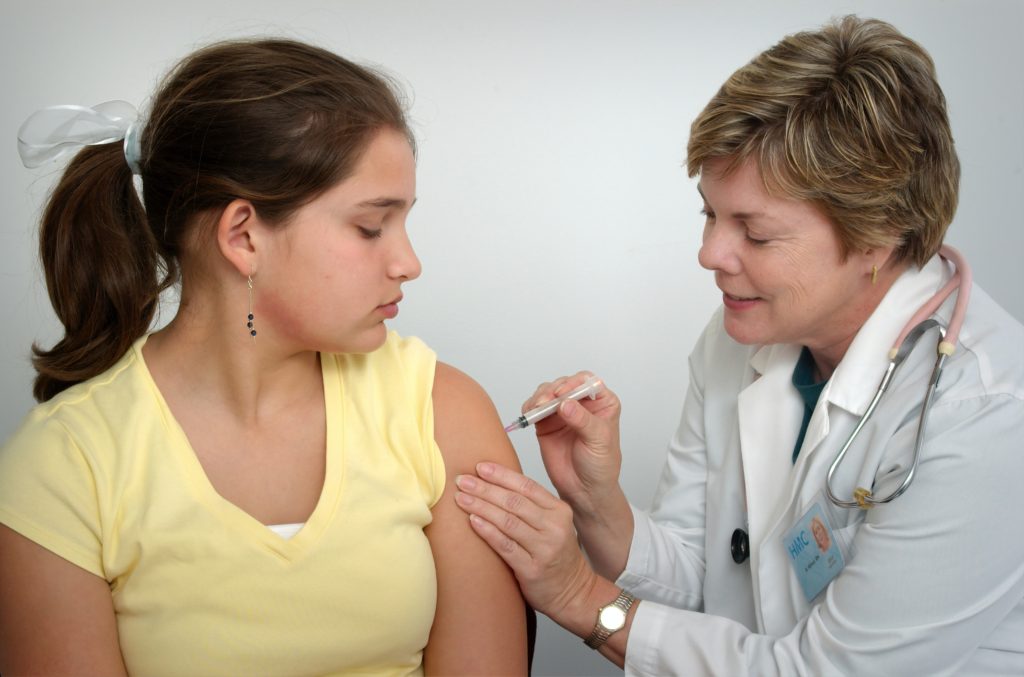
With the current outbreak of coronavirus, or COVID-19, you naturally want to do whatever you can to avoid getting sick until the outbreak is over. In addition to avoiding those who contracted the virus, the best thing you can do is strengthen the immune system so that the body can survive infections. Luckily, there are other steps that you can take to maintain your immune health, such as maintaining a balanced diet, exercising and reducing stress. Although these measures will not guarantee that you do not get sick, they will make fighting off infection easier for your body during the outbreak.
Following a Healthy Diet
1. Add fresh fruit and vegetables to each meal.

Fruits and vegetables are the cornerstones of an immune-enhancing diet. They contain vital vitamins A, B, C, and E, minerals, and antioxidants to keep your immune system functioning. Include at least one fruit or vegetable in each meal, as well as a snack throughout the day.
Some of the most nutritious choices include bell peppers, kale, spinach, squash, Brussels sprouts, berries and carrots. These are good sources of vitamins A, B , C and E, plus zinc and carotene.
With social distancing and isolation to prevent the spread of the virus, you may not be able to get fresh fruit and vegetables to the supermarket on a regular basis. Canned and frozen products generally have the same health benefits as fresh varieties. The only risk is that canned vegetables may have a high salt content, so drain and rinse before they are eaten.
2. Get vitamin D from fish and dairy products.
Vitamin D supports your body’s immune response so that you can fight infection. The recommended daily allowance for children and adults is 600 IU (internal units). Both fish and fortified dairy products are high in vitamin D, so include both of these foods in your daily diet for an extra boost in vitamins.
Try to eat oily fish like salmon , mackerel or sardines. These fish also come in canned food, so that you can get the same nutrients if fresh varieties are not available.
Dairy products, such as eggs and milk, also contain vitamin D. Fortified types are given a higher dose of this vitamin.
Some cereals are also enriched with vitamin D. Check the labels of the product to find the types that are high in this nutrient.
3. Eat nuts and seeds for more vitamin E

Vitamin E is another building block in your immune system. Adults over 14 years of age need 15 mg per day. Almonds, peanuts, hazelnuts and sunflower seeds are the best sources for this nutrient. You can also get some from vegetable oils, such as olive oil.
Leafy green vegetables such as spinach are also high in vitamin E. If you eat a lot of fruit and vegetables, you ‘re probably getting enough of that vitamin.
4. Get plenty of lean protein so that your body can repair itself.
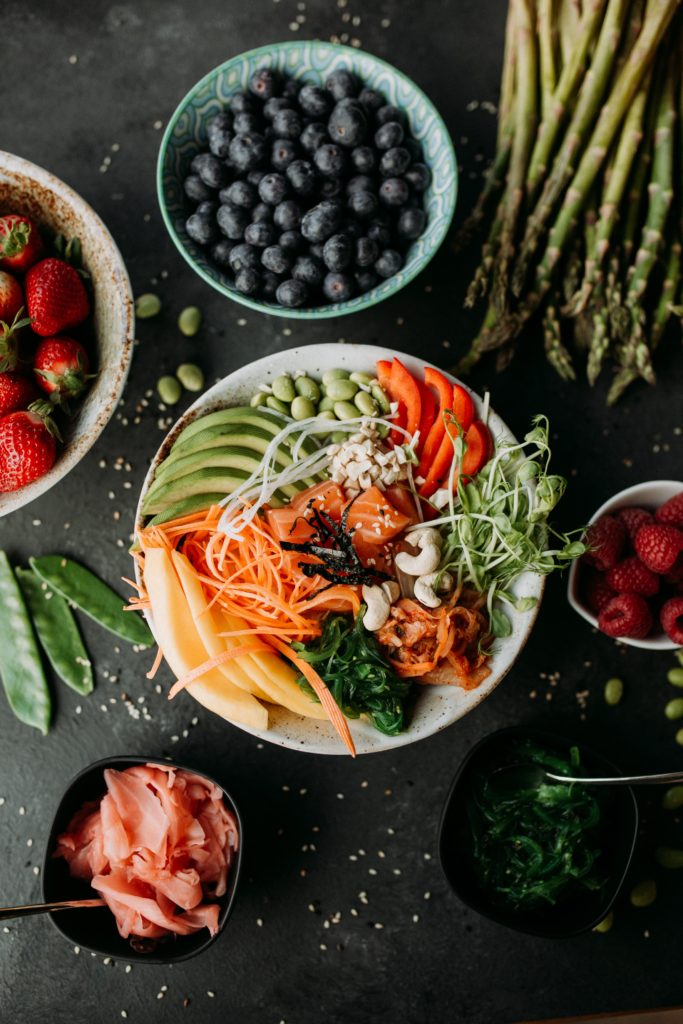
Proteins help your body regenerate tissues that are important for your immune response. Support the repair mechanism of your body by including a lot of protein sources in your diet. For best results, stick to the lean proteins, which are low in saturated fats.
Most adults need 50-60 grams of protein a day, but you may need more if you exercise every day.
Good lean protein sources include nuts, beans, fish and shellfish, avocados and dairy products.
Chicken and other poultry are good sources of lean protein and vitamin B.
5. If you have any deficiencies, take multivitamin supplements.
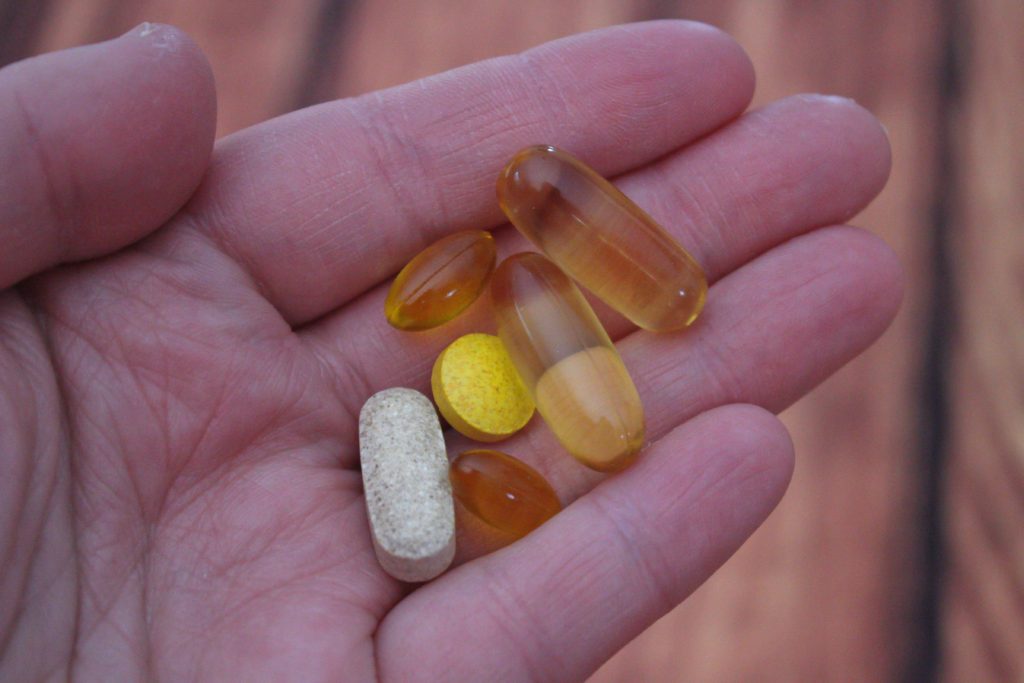
Most people get enough vitamins and minerals from their regular diet for as long as they’re eating right. It is possible, however, that you may have some deficiencies in your regular diet. If you get sick often or feel run down, you may have a nutrient deficiency. Talk to your doctor and, if recommended, start taking a multivitamin supplement to replace any nutrients that are missing.
Your doctor will usually tell you if you have any nutrient deficiencies with a simple blood test.
Note that your body can only absorb so many vitamins, and your urine must remove any extra extras. If you already have enough vitamins, then dont add anything to your body by taking a supplement.
Speak to your health care provider before taking vitamin supplements. Some types are better than others, and your physician can recommend you the best product.
You will usually only need to take a multivitamin if you are pregnant or have had bariatric surgery as there are known deficiency risks. Otherwise, the benefits of multivitamins may not be as great.
The Food and Drug Administration does not control multivitamins but study the product before using it to make sure it’s manufactured by a reputable company.
6. Reduce your consumption of processed or sugary foods.
Just when many foods help strengthen your immune system, there are others that can weaken it. Stop foods that have high in saturated fats which are refined or sugary. That includes soda-like drinks.
Enriched flour is more sugary than whole varieties of wheat, so substitute as many white goods as possible.
If you can’t get to the supermarket as often because of social distance protocol, you can still make a good choice for non-perishable food items. Canned or frozen vegetables are a far healthier choice than dinners with microwaves.
Staying Calm and Rested
1. Reduce stress in order to keep your immune system healthy.

Stress drains your immune system and makes you more susceptible to illness. While this is a very stressful time, and you’re probably going to find it hard to relax, you have to do everything you can to reduce your stress. This helps boost your immune system so that your body can fight infections much more effectively.
Try to do things to distract you from the news. Listening to music, watching movies, reading, or any other hobby you enjoy can keep your mood up.
Some good relaxing activities include meditation , yoga, and deep breathing exercises. Take some time in the morning and evening to do some of these stress-free activities.
Sometimes the best way to de-stress is to turn the news off for a while. Checking for updates every minute will cause anxieties. Just get the news you need and move on to other activities.
2. Sleep for 7-8 hours every night.

Lack of sleep makes you much more vulnerable to viruses, so make a night’s sleep effort. Start winding down in the evening with relaxing activities such as reading or taking a bath. Then go to bed early enough to have 7-8 hours of sleep to refresh your immune system.
You may have trouble sleeping because of your anxiety about the virus. Taking steps to reduce your stress will also help you to sleep better.
You can also try some over-the-counter sleeping aids like melatonin to help you sleep.
3. Stay connected to friends and family during the outbreak.
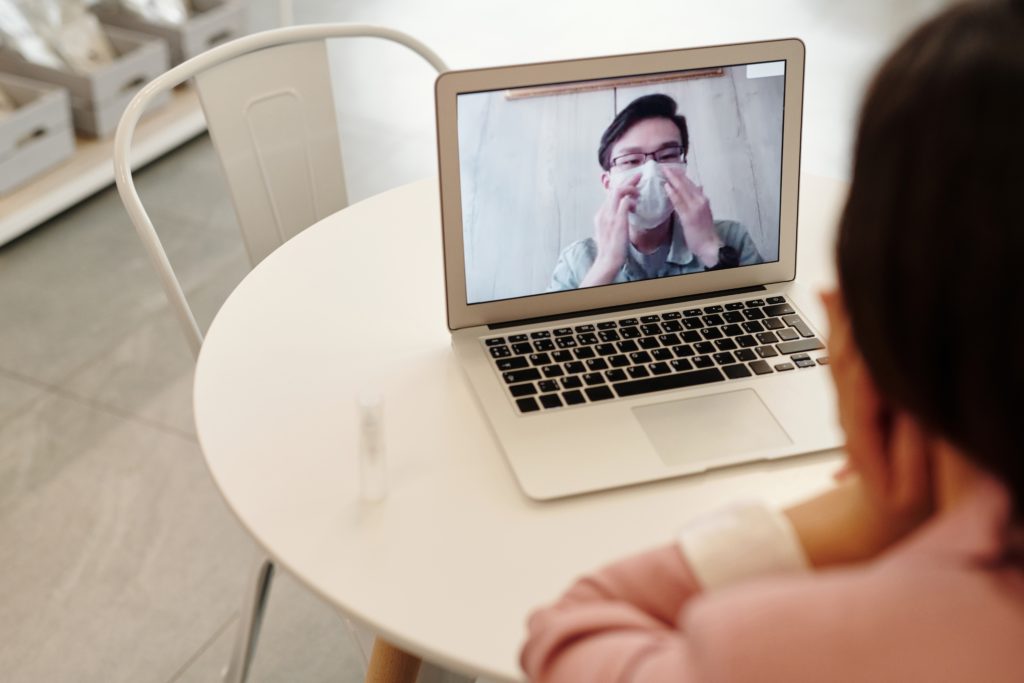
Social isolation will cause you to feel depressed and overwhelmed, which brings your immune system down. A good way to keep yourself grounded and calm is to maintain your social network. Talk to your friends and family on a regular basis, even if you can’t see them in person. This will improve your mood and increase your immunity.
4. If you have trouble controlling your stress talk to a therapist.

With so much going on in the world, having trouble controlling your stress and anxiety is absolutely normal. Do not hesitate to contact a therapist or counselor to help you manage your feelings. You’ll be able to reduce your stress and keep your immunity up by improving your mental health.
A combination of talk therapy along with cognitive-behavioral therapy will likely be used by your therapist. This teaches you to take a better view of life circumstances and to see more positive outcomes.
Some doctors and therapists turn to virtual sessions, making it much easier for people to chat. See if they can make this accommodation for your therapist.
Adopting a Healthy Lifestyle
1. Get a minimum of 30 minutes of exercise a day.
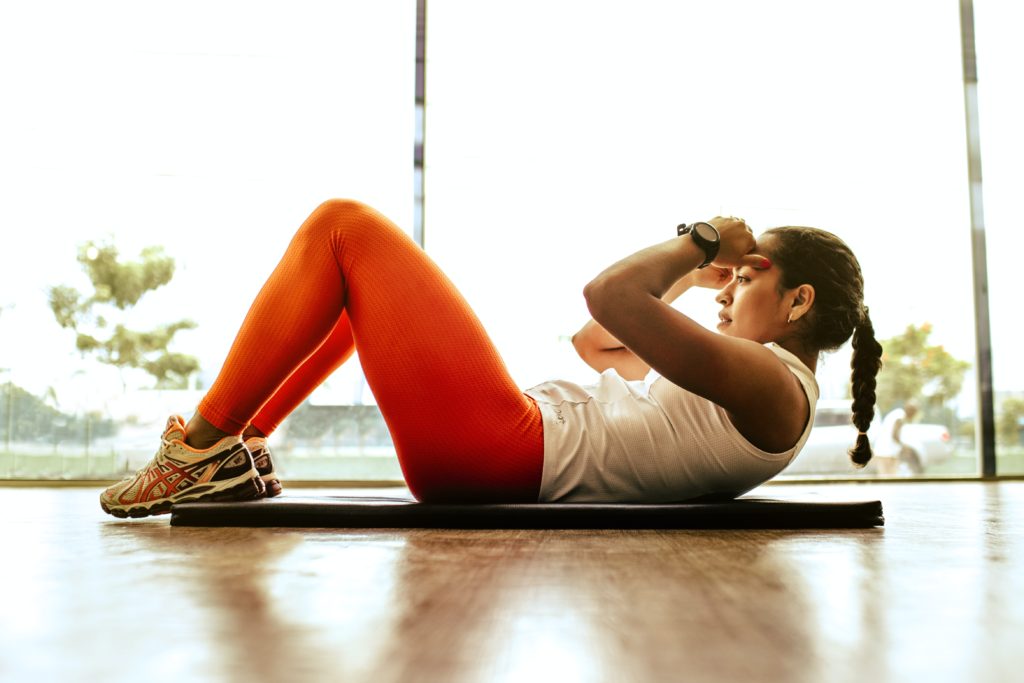
Exercise has a positive effect on the health of your immune system so try to remain active. Make sure you get at least 30 minutes of exercise per day to boost your immunity. Aerobic activities such as running, walking or cycling are better for you, but any physical activity is good for you.
Gyms in your region will likely be closed to prevent the virus from spreading. Seek to look up any fitness videos on YouTube that you can do at home.
If your city has not restricted public spaces, you will always be able to exercise outdoors. To change the scenery a little, try running or walking in a nearby park.
Staying active is also good for mental health and reduces stress, as an added bonus. This strengthens the immune system, as well.
2. Wash your hands to stop the spread of infections.

Washing your hands also helps avoid the spread of COVID-19 but it often stops you from having certain diseases including a common cold. Small infections like this depress your immunity and if you’re exposed you’ll be less likely to fight a more severe disease like COVID-19. Whenever you touch something dirty or go outside your home, lather to kill any pathogens and scrub your hands for 20 seconds. Clean the front and back of your hands all the way up to your wrists, and also under your fingernails.
Never touch your face, without first washing your hands.
If you’re out and away from a bathroom, instead use a hand sanitizer. However, this is just a handwashing substitution and not a replacement, so wash your hands as soon as you can.
Soap breaks down the viral wall of COVID–19 to effectively kill it and its effects.
3. Make sure your vaccinations are up-to-date.
While there are no vaccines for COVID-19, having your other vaccine helps to strengthen your immune system. Make sure you’ve got all the vaccines you need, as well as a flu shot. This prevents other diseases from suppressing your immunity so that you are more capable of fighting COVID-19.
If you are older than 65 years, have a chronic respiratory disease, or have a history of cancer, ask your doctor if you have a pneumonia vaccine. While it does not protect against coronavirus-related pneumonia, it will help protect you from other types that could potentially send you to the hospital.
4. Reduce your alcohol intake.

While drinking more often when you’re in isolation may be tempting, high alcohol intake is weakening your immune system. Keep your drinking under the prescribed amount and you are more likely to fight off infections and avoid affecting your immunity.
5. Quit smoking, or don’t start at all.

Smoking will introduce toxins into your body and will reduce your immunity. If you smoke, cutting back or stopping is best for boosting your immune response. If you’re not smoking then don’t start to avoid long-term damage at all.
Vaping can also affect your lung tissue, and may also suppress your immune system, which may increase the risk of lower breathing failure. Try also to stop vaping so you stay healthy.
If someone in your household smokes, make them go outside when they smoke. This helps protect others from harmful fumes in the home.
Disclaimer
The content provided in this blog is for informational purposes only. The owner of this blog makes no representations as to the accuracy or the completeness of any information of this site or found by following any link on this site. The owner will not be liable for any errors or omissions in this information nor for the availability of this information. The owner will not be liable for any losses, injuries or any damages from the display or use of this information.








